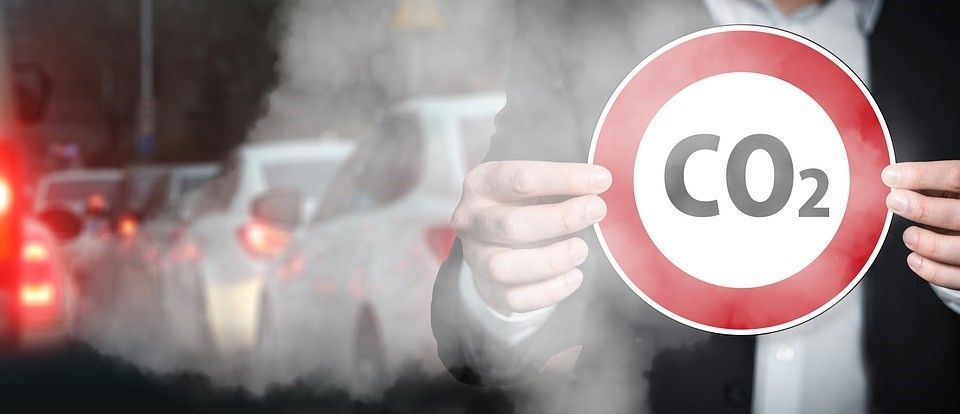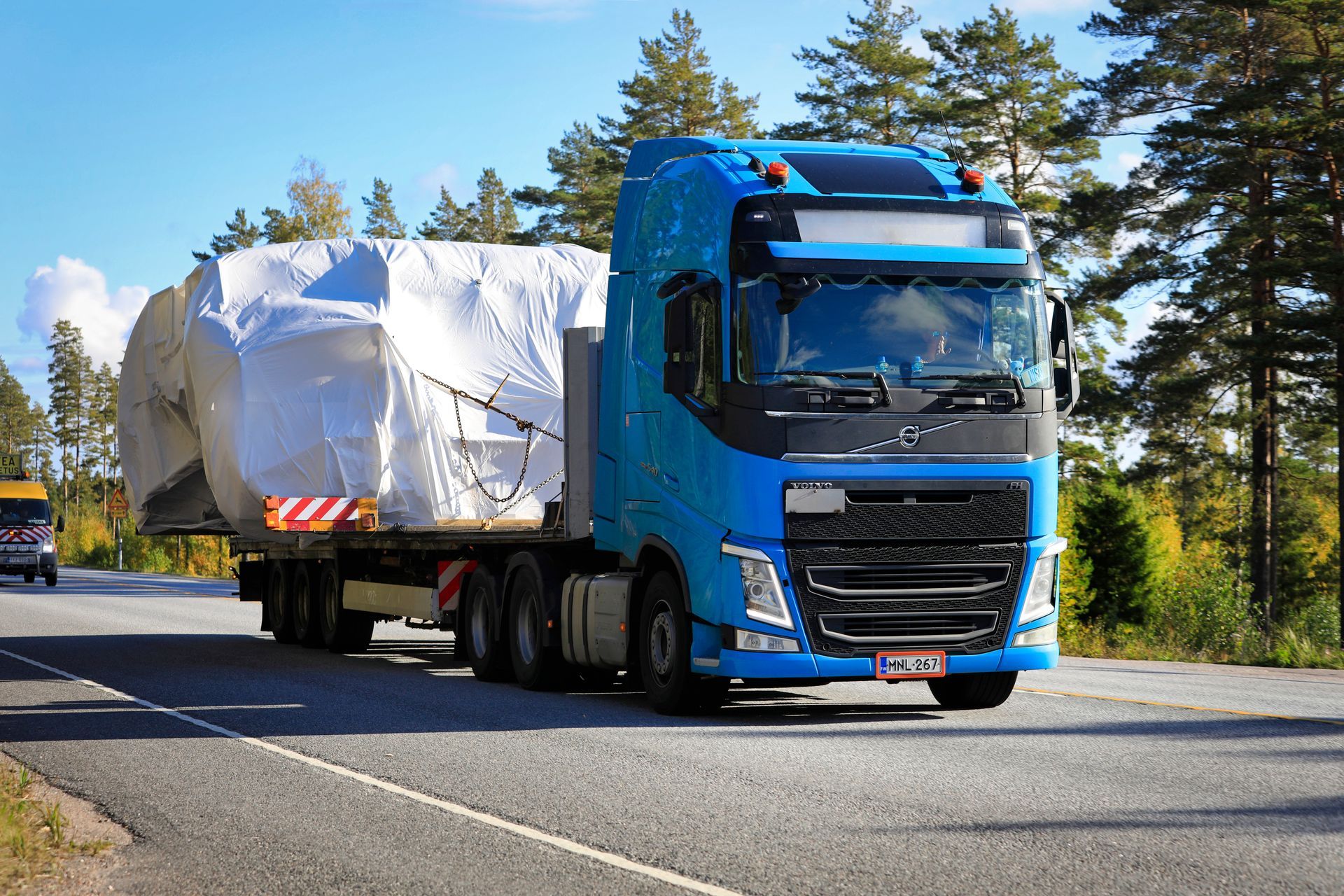COP26 and decarbonization
For two weeks between October and November, the long-awaited COP26 was held in Glasgow, Scotland. This meeting was scheduled for the year 2020. Moreover, the global complications derived from the Covid-19 caused it to be postponed a year later.
Along these lines, after a long conference of several days, such summit concured in several agreements focused on benefiting climate change. This means an acceptable progress on the path towards planet decarbonization.
Next, we will be looking into the main points of the COP26 agreements.
COP26 and the decarbonization commitment
Within the commitments of the COP26 is the decarbonization foreseen for the 2030s. In this sense, an agreement has been reached that consists of an incentive to encourage the main economies of the world to promote such change. For this, the measure is to mobilize funds in order to speed up the adaptation to more environmentally friendly technologies.
To accomplish this objective, developed countries are urged to activate capital in developing nations to strengthen this change. This is because, in the latter, the evolution towards a sustainable system may be slower compared to the larger economies which becomes a very big setback in the long run for the purposes of this summit.
That is why it is considered one of the key points in relation to COP26. Where the main powers, such as large private and public financial institutions take on the duty of providing the necessary money to achieve global net zero.
The carbon reduction goal by 2030
At this point, the aforementioned convention set several goals for the next decade. This way, member countries have been asked to update their carbon reduction goals during 2022. Through which it is intended to strengthen the 2021-2030 Energy Policy Framework.
In this way, some of the most important objectives to be reached are the following:
- Reduce greenhouse gas emissions by at least 55% compared to the 1990s.
- Putting at least 32% renewable energy technology into operation.
- Achieve at least 32.5% optimization in energy efficiency.
The decline in fossil fuels
This is one of the key objectives proposed in the COP26 talks. Along the same line of thought, the real commitment of nations to gradually reduce the use of coal is called for . As well as the use of fossil fuel as the main source of energy. This is one of the utmost necessary measures in the race against environmental change.
To reach this goal, a purposeful international policy is fundamental where the most developed nations speed this evolution up to the use of more environmentally friendly energies. In addition, projects need to be carried out within large cities where an infrastructure is used with a sustainable and fair operation for the weather.
However, to fulfill this purpose, the articulation of important countries within the automotive industry is imperative. This is because they are an elemental part of the CO2 emission. Also, the radical influence on the design and operation of vehicles, which needs an effective evolution towards renewable energy.

Important COP26 agreements
COP26 brought together almost 200 countries with the purpose of achieving a worldwide agenda to take action against environmental change.This convention resulted in a document where vital objectives were settled in order to develop the commitment of the participating nations.
In this way, among the agreements reached at the summit in Glasgow, we can emphasize the following:
- Cooperation between the US and China: being the first two CO2 emitters, these nations committed themselves, among other things, to the following points:
- Decarbonization
- Reduction in methane emissions.
- Acceleration in the transition to clean energy.
- Deforestation: a commitment was settled with the contries where the world’s main forests rest to stop deforestation.
- Methane: a goal was suggested to reduce at least 30% of methane production by 2030.
- Coal: the reduction of the use of coal was consented in more than 40 nations. Especially in Chile, Poland and Vietnam.
Looper and environmental policy
At Looper we are committed to preserving the environment. This is because it’s a matter of utmost importance and it concerns us all. That is why within our logistics and transportation system we have developed strategies to find our activities within these sustainable and innovative alternatives.
Through our page you will learn a little more about our security and quality policies. In addition to reading about the benefits of our transport services.
The post COP26 and decarbonization first appeared on LOOPER.
Loopering










